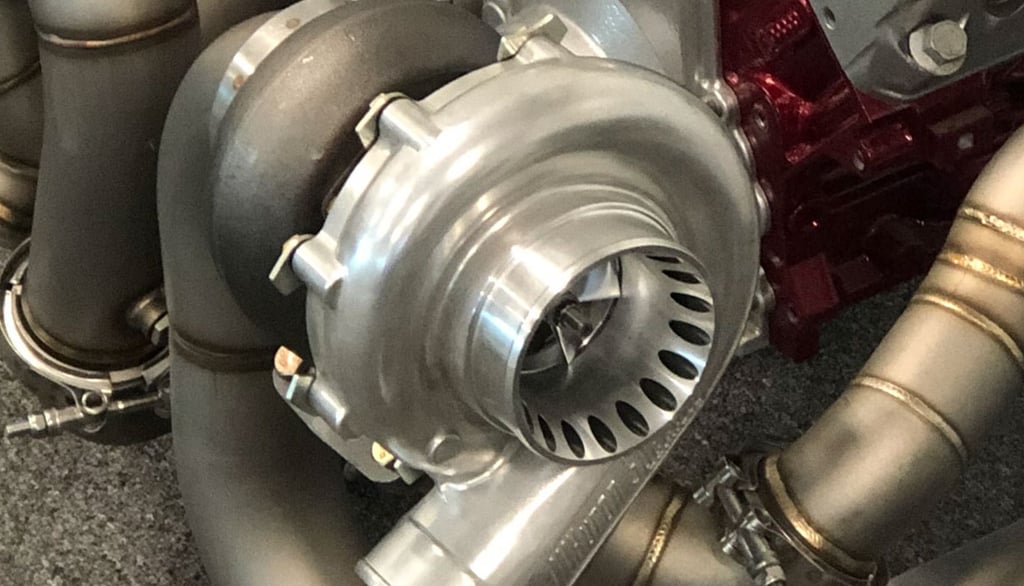Turbo Modifications


Detroit, Cummins and Cat. Turbo modifications involve enhancing the performance of a truck's turbocharger system. Turbochargers are a crucial component in many diesel engines, providing increased power and efficiency. Truck turbo modifications aim to improve performance, increase horsepower, and enhance overall engine efficiency. Here are some common turbo modifications for trucks:
1. Turbocharger Upgrade: Replacing the stock turbocharger with a larger or higher-performance unit can increase air intake and boost pressure, leading to more power and torque.
2. Wastegate Adjustments: Adjusting the wastegate can alter the turbo's boost pressure, allowing for precise control over the amount of air and exhaust gases entering the turbocharger. This can be useful for fine-tuning performance.
3. Intercooler Upgrades: Installing a larger or more efficient intercooler can help cool the compressed air before it enters the engine, which can improve performance by increasing air density.
4. Boost Controllers: Adding a boost controller can allow the driver to adjust boost pressure manually or electronically, optimizing power delivery for specific driving conditions.
5. Turbo Inlet and Outlet Modifications: Upgrading the turbo inlet and outlet can improve airflow and reduce restrictions, enhancing overall turbocharger efficiency.
6. Exhaust System Modifications: Upgrading the exhaust system, including the downpipe and exhaust manifold, can reduce backpressure and improve exhaust gas flow, benefiting turbocharger performance.
7. Upgraded Air Filters and Intake Systems: Replacing the stock air filter and intake system with high-performance components can improve airflow to the turbocharger, leading to increased power and responsiveness.
8. Turbine Housing and Compressor Wheel Upgrades: Changing the size or design of the turbine housing and compressor wheel can impact the turbocharger's efficiency and responsiveness.
9. Twin Turbo Setup: Some trucks are modified to have twin turbochargers, which can provide a significant increase in power and torque. This setup is often seen in high-performance or heavy-duty applications.
10. Tuning and Calibration: Adjusting the engine's tuning, including fuel delivery and ignition timing, is essential to ensure the turbocharger modifications are optimized for performance while maintaining reliability and emissions compliance.
Truck turbocharger modifications should be done by experienced mechanics or specialists who understand the intricacies of turbo systems and can ensure that the modifications are properly integrated with the engine and other components. It's crucial to strike a balance between improved performance and maintaining the durability and longevity of the engine.
